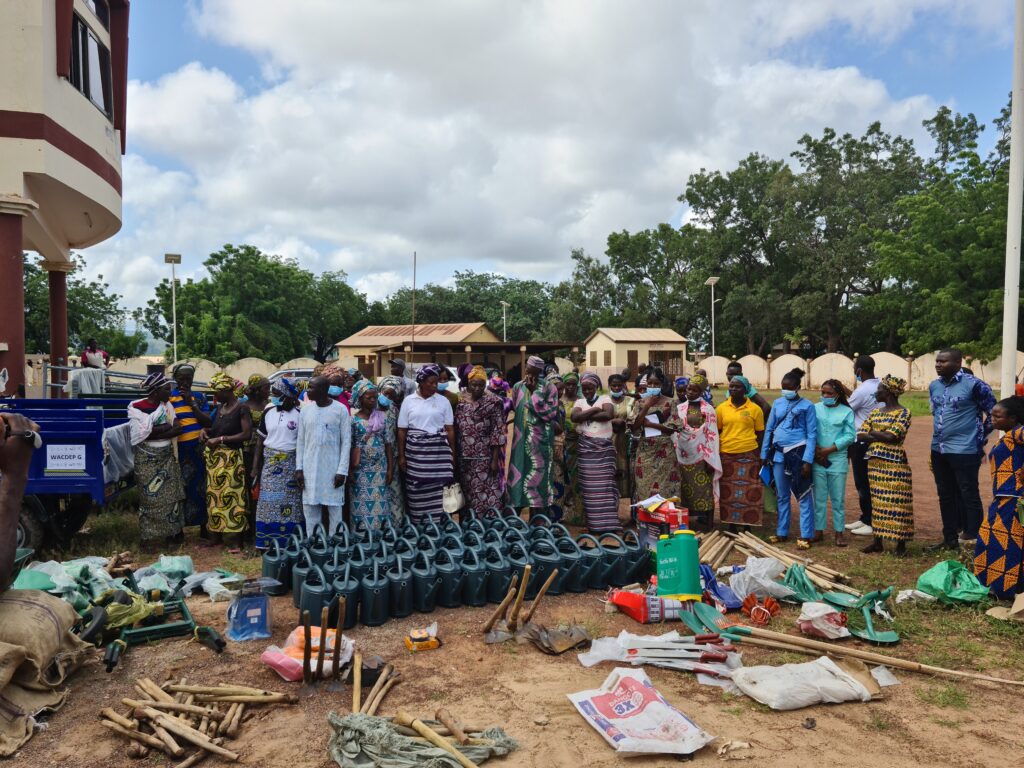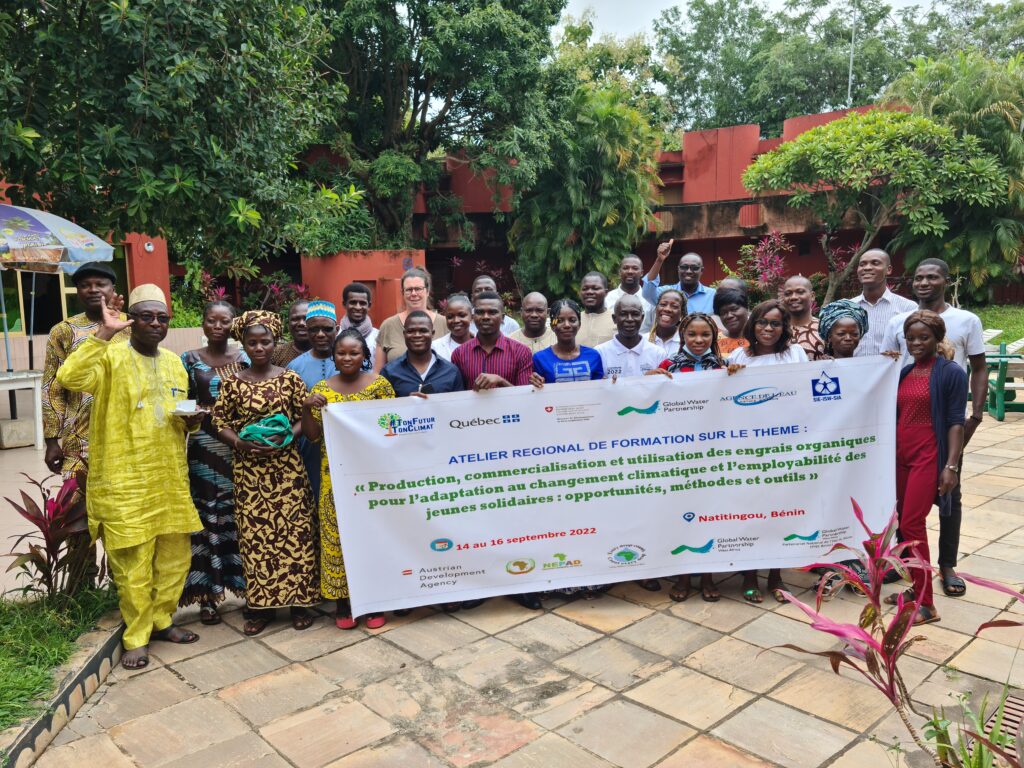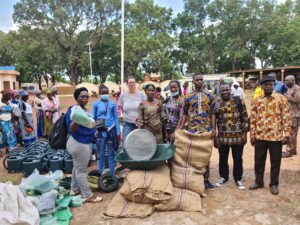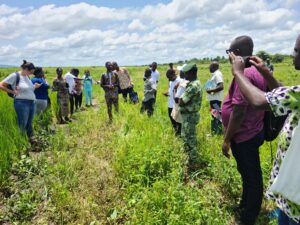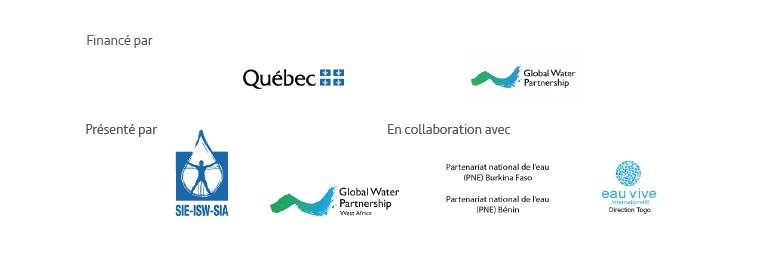From September 5 to 9, ISW conducted a follow-up mission to Benin as part of the implementation of TonFuturTonClimat – an opportunity to better understand the positive impacts of the project on youth and women and on the environment of the Tchoutchoubou watershed!
In addition to site visits, the mission was a time of sharing and learning among partners, bringing together the focal points of the three countries as well as many committed youth and women.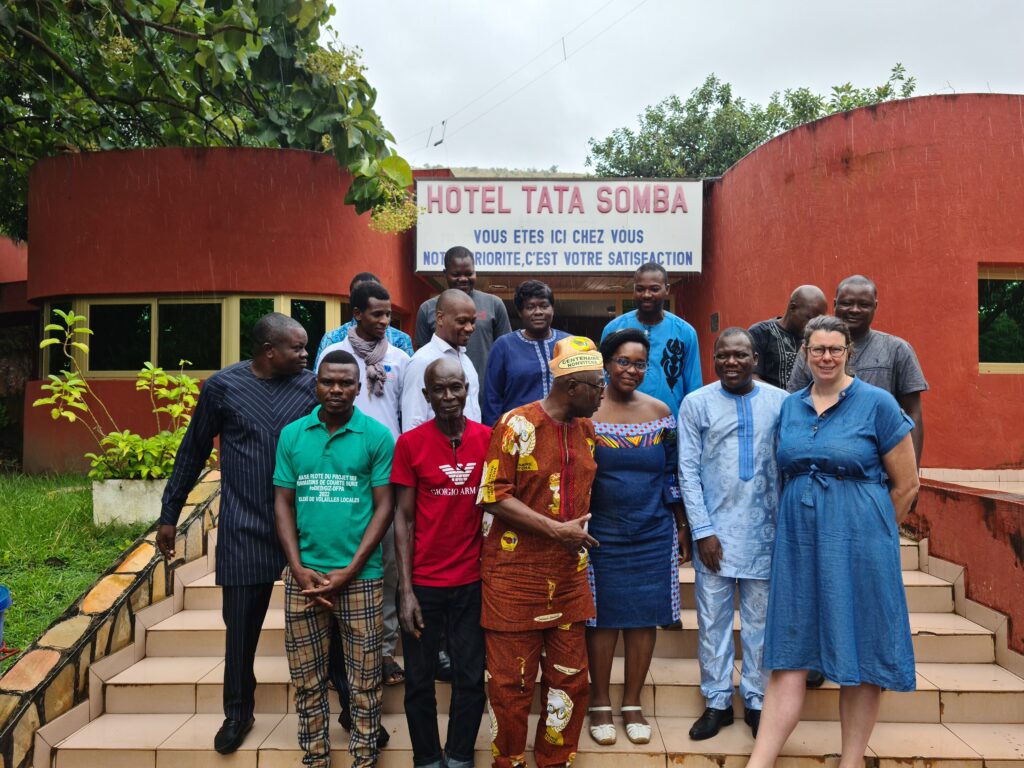
The exchanges allowed our team to progress in its reflections and to draw conclusions on the elements necessary for the success of a partnership initiative like TonFuturTonClimat:
- Stakeholder commitment, transparency, and good communication – whether we are talking about the commitment of the implementation team, the political commitment of the local authorities and their openness to working with youth, the desire of youth associations to learn and bring about local change, or the motivation of youth around project activities…
It is this commitment of all stakeholders that allows the TFTC project to be very successful locally and to generate greater results. In addition, good communication and transparency towards all partners are key elements for success and local ownership.
- Experience and complementarity between actors: One of the strengths of the partnership around the TFTC project is the complementarity between the actors involved. Each partner has its own expertise, the combination of which increases the impact of the project, whether in terms of mobilizing and strengthening the capacity of young people (ISW-GWP-AO), implementation and specific technical expertise (GWP-AO and country partners), mobilizing stakeholders (ISW, GWP-AO and country partners) and regional and international outreach (ISW and GWP-AO). Synergy and anchoring with actions already underway and local priorities: The TFTC project in Benin and Burkina Faso is part of a larger intervention logic, enriching programs with a component related to youth engagement and benefiting from pre-existing local dynamics. In some cases, the complementarities of action have made it possible to pool funding in order to obtain truly transformative results.
As a reminder, since 2017, TonFuturTonClimat has been mobilizing youth – and particularly young women – aged 18 to 35 from Togo, Benin, and Burkina Faso around agro-ecological projects that address the challenges of climate change-resilient local economic development, contribute to the restoration of degraded environments, and equip youth to act as agents of change within their communities. The project builds the capacity of rural and peri-urban youth to undertake and generate sustainable economic activity adapted to the constraints of climate change in a collaborative local context. In addition, the preservation of ecosystems and their contribution to resilience to climate change are strengthened for and by local populations in the project areas. TonFuturTonClimat is in its second phase and has been implemented in 6 communities.


